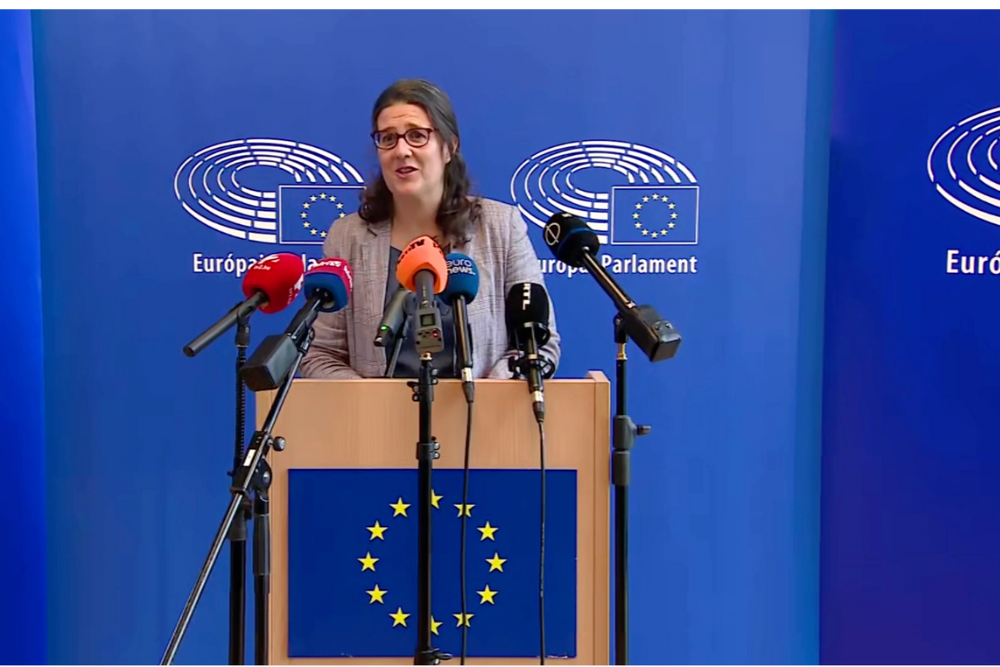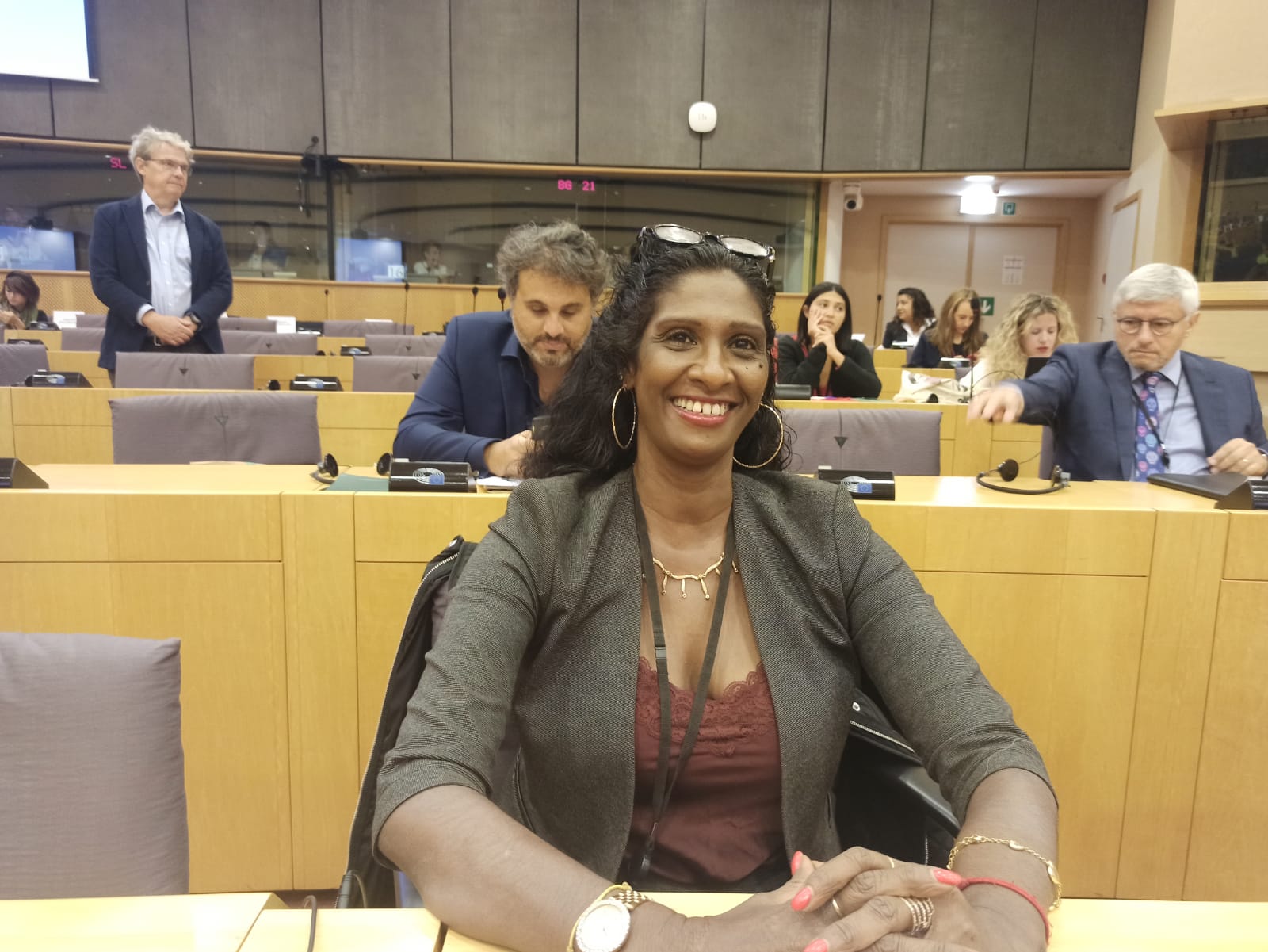A new resolution on the rule of Law in Hungary pinpoints several concerns, especially given the upcoming elections and the Hungarian Presidency of the Council.
Wrapping up the plenary debate that took place on 10 April, Parliament adopted on Wednesday (399 votes in favour, 117 against, and 28 abstentions) its final resolution in the current legislative term assessing democracy in Hungary. The text denounces serious deficiencies related to the justice system, anti-corruption and conflicts of interest, media freedom, fundamental rights, the constitutional and electoral system, the functioning of civil society, the protection of the EU’s financial interests, and compliance with the single market principles.
Concerns about the Sovereignty Protection Office
Looking into the latest instances of the “persistent systemic and deliberate breach” of EU values in the country, Parliament condemns the adoption of the Protection of National Sovereignty Act and the establishment of the Sovereignty Protection Office (SPO). The SPO has “extensive powers and a strict system of surveillance and sanctions, which fundamentally violates standards of democracy […] and breaches multiple EU laws”, Parliament says. MEPs ask the Commission to request the EU Court of Justice for interim measures to immediately suspend the law, as it affects the principle of free and fair elections.
An incomprehensible decision by the Commission
In light of all this, MEPs deplore the Commission’s decision to release up to €10.2 billion frozen EU funds, which prompted Parliament to appeal to the EU Court of Justice. The recent leaked revelations by Hungary’s former minister of justice should lead the Commission to revoke the disbursement of EU funds, the text states. Besides, MEPs stress that it is incomprehensible to release funds citing improvements to the independence of the judiciary, while funds covered by different EU laws remain blocked due to ongoing deficiencies in the same field.
Need to protect EU institutions
MEPs reiterate the need to determine whether Hungary has committed “serious and persistent breaches of EU values” under the more direct procedure of Article 7(2) instead of the Article 7(1) process that Parliament initiated in 2018 and that remains blocked in the Council. They also worry that the Hungarian Government will not be able to credibly fulfil its duties in the Presidency of the Council in the second half of 2024 and call yet again for a comprehensive mechanism to protect EU values.











